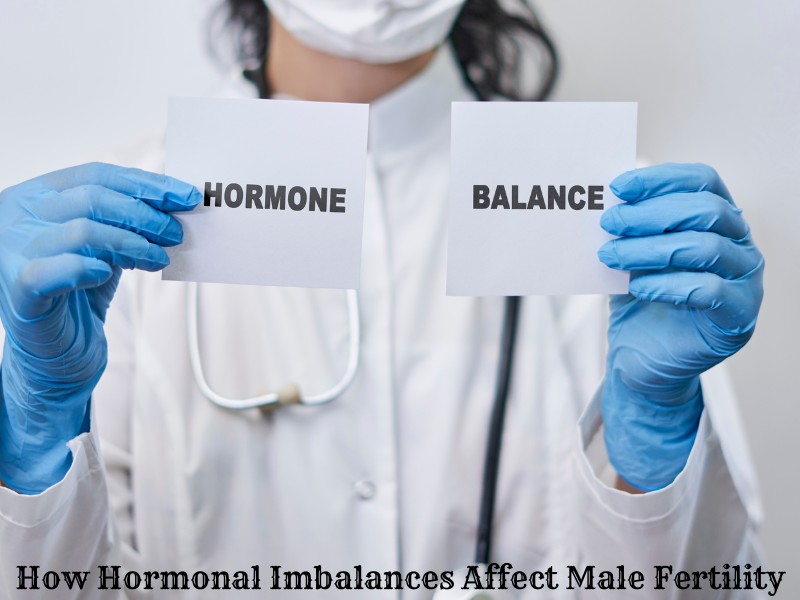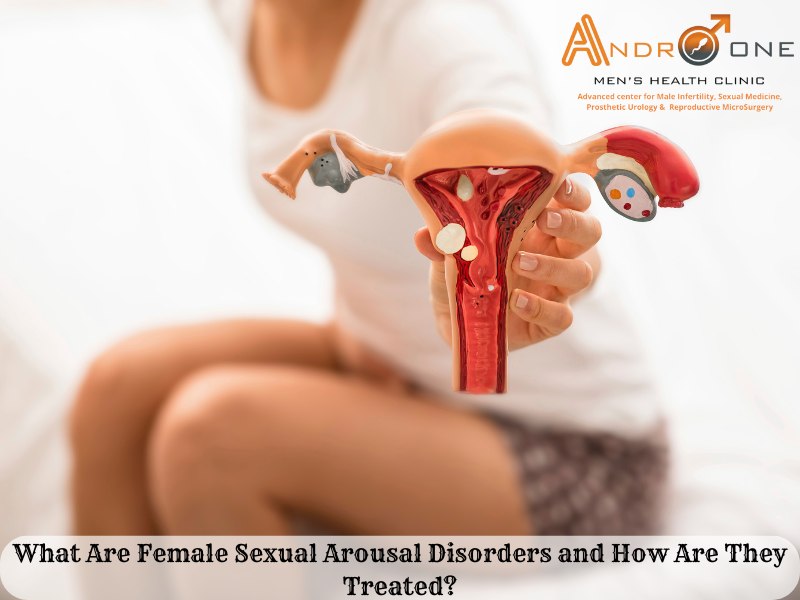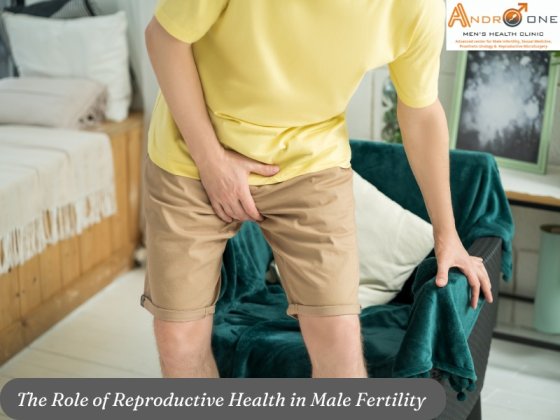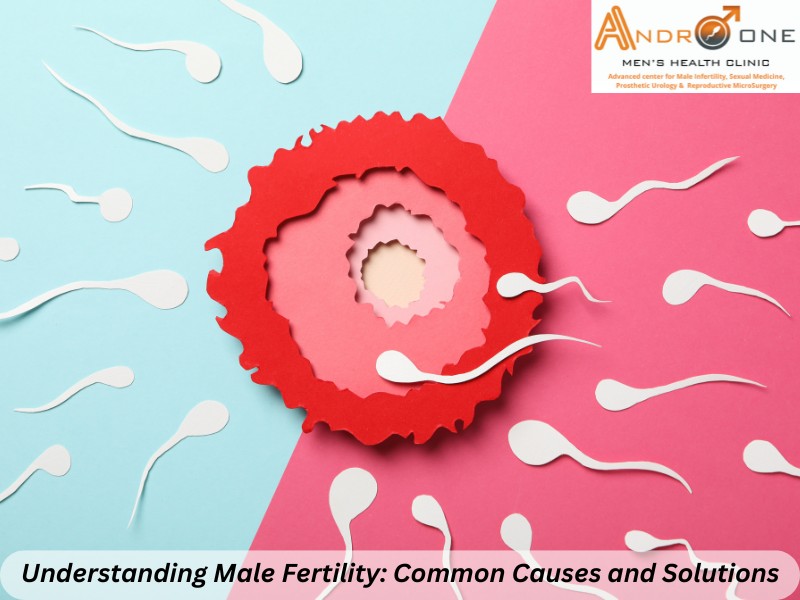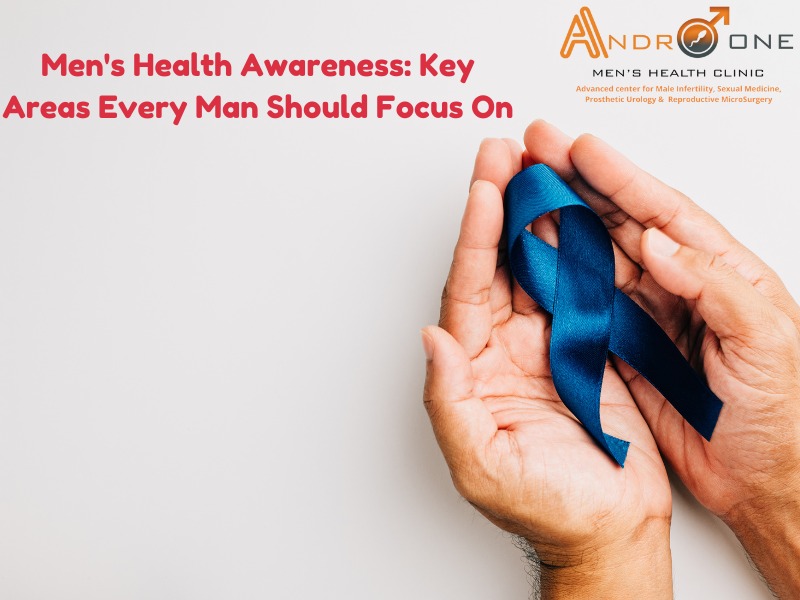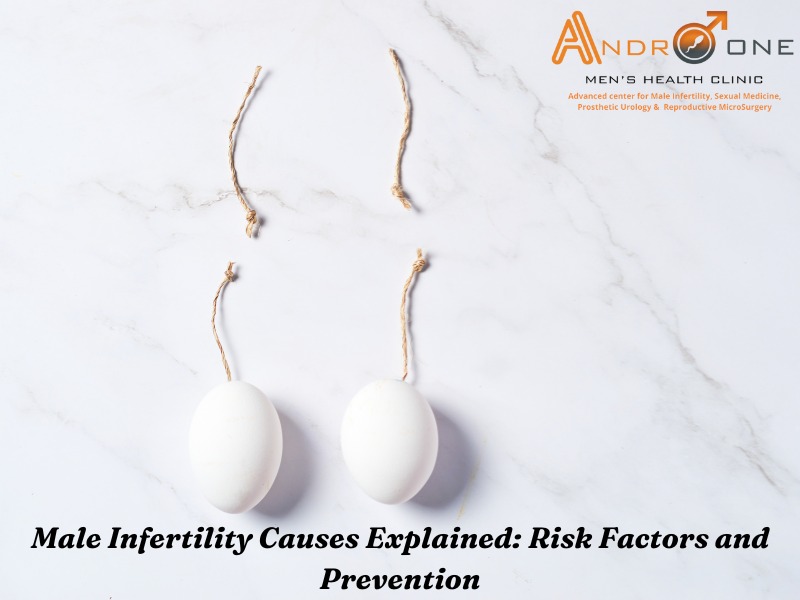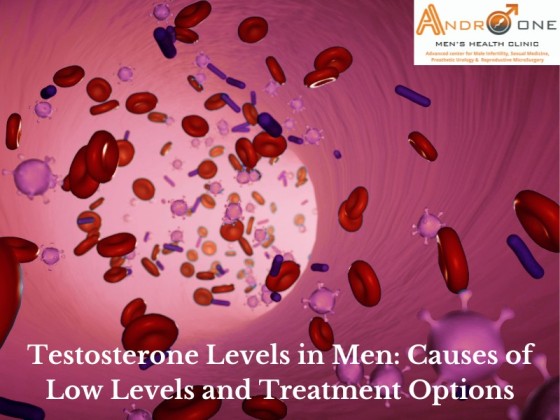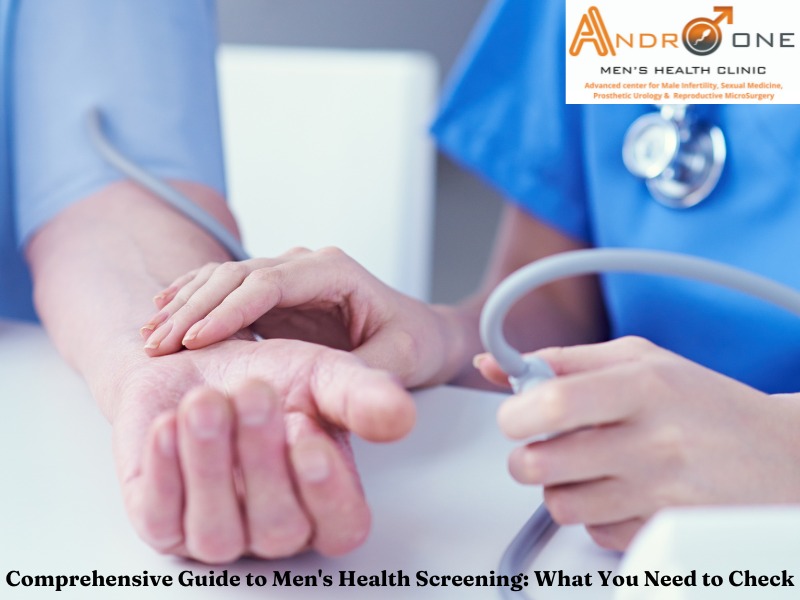Men’s Health Checklist: Key Health Screenings Every Man Should Get
Your health is everything, and as a man, living a healthy life will ensure that you live a long and fulfilling life. In any case, to do that, routine health screenings play an important role in diagnosing potential problems at an early stage. This blog will discuss a few of the most important health screenings every man should consider. Blood Pressure Check High blood pressure is often referred to as the “silent killer.” There are no symptoms, after all, but the effects can be so dangerous — heart disease or stroke, for example. However, regular blood pressure checks are a must-do. You should also remember to get your blood pressure checked at least once every two years. Men with a high blood pressure family history should expect more frequent checks. The earlier a potential health issue is caught, the better-easier, in any case, to deal with, as it won’t be complicating things further down the line. Cholesterol Screening Cholesterol is a kind of fat that clogs your arteries. High cholesterol can raise your risk for heart disease and stroke. A cholesterol screening is a blood test that measures the amount of cholesterol and triglycerides in your blood. Men ages 20-35 and men ages 35-65 should get tested for cholesterol every 4 to 6 years. If you have any of these risk factors, you will need to be screened more frequently. This will be a test of your overall HDL (“good”) and LDL (“bad”) levels of cholesterol. Diabetes Screening Diabetes is another of those health issues that can sometimes go unnoticed for extended amounts of time. It interferes with your body’s recycling of sugar, leading to diseases such as heart disease, poor circulation, and nerve damage. Every man should be tested for diabetes every three years if their age is above 45 years. However, you might discuss ahead-of-time testing with your doctor if you are overweight or have diabetes running in the family history. This helps in addressing the problem earlier before causing irreversible damage. Prostate Exam Aging brings a number of concerns for men regarding their prostate. Prostate cancer is the most common cancer in men. Testing for the prostate includes a blood test that is called a PSA or prostate-specific antigen test. The American Cancer Society recommends speaking with your doctor about prostate screening.At the age of 50. Nevertheless, testings need to be started earlier if you are considered to be at a high risk. This includes men whose families have a history of having prostate cancer or those of African American descent. Colon Cancer Test Colorectal cancer is also one of the leading causes of cancer-related deaths. Early detection can, however, be used to prevent it. Men should begin their colon cancer screening at the age of 45. This may involve a colonoscopy, stool tests, or any other tests. It is advisable that in cases where there has been colon cancer in the family, screenings should be done earlier than this. The earlier a condition is detected, the better the possibility of a successful treatment. Skin Cancer Screening Skin cancer is one of the most common kinds of cancer. Often, it’s because of spending too much time in the sun. Men should regularly check their skin for suspicious moles or other changes. If you find something that looks strange, go to a dermatologist. Additionally, one has to conduct a comprehensive check-up of the skin every year after 40 years. Early detection of the skin’s cancer allows for greater possibility of success and minimal chance of complications. Vision and Hearing Tests As men get older, they may also start to have trouble with their vision and hearing. Regular eye and ear screenings will help maintain our quality of life. If you experience changes in your vision or hearing, see your doctor. The American Academy of Family Physicians recommends that you begin vision screening at age 40, and that you begin hearing screenings after age 50. Both tests have the effect of early problem detection, which is very good for more effective treatment and prevention. Mental Health Screening Mental health is as important as physical health. Depression, anxiety, and stress will affect your overall health and well-being. Men seek less help than women when it comes to mental problems, though it is highly important to treat the conditions. Regular mental health screenings will help combat the issue earlier, therefore. Talk about your mental health at a routine checkup with your doctor. Identification of any mental disorders in their early stage will enhance overall well-being and avoid problems later in the future. Sexually Transmitted Infections (STIs) Screening Men should also get themselves tested for STIs, especially if they have sex with multiple sexual partners. If left untreated, the infections can lead to major health problems. Moreover, most common STIs including HIV, syphilis, and gonorrhoea can be diagnosed through urine and blood tests. Consult your physician about STI testing in case you are at a risk. Men must not neglect their sexual health. Take responsibility for your sexual health. Testosterone Levels Test Testosterone has a huge impact on the health of men, which controls their energy level and muscular strength. Lower levels of testosterone may cause fatigue, depression, and low sexual performance. Additionally, a testosterone test may help you determine if your level is healthy. If you are showing symptoms of having low testosterone, talk with your doctor about the possibility of getting tested for it. Depending on your situation, they may recommend hormone replacement therapy. Bone Density Test Osteoporosis is often seen as a disease that primarily affects women, but men can be affected too. Men over age 70 should consider having a bone density test. A bone density test measures the strength and thickness of your bones and can detect early signs of osteoporosis. You also need a bone density test if you have any of the following risk factors like smoking, a family history of the disease, or low calcium intake. Early treatment of bone loss can help


